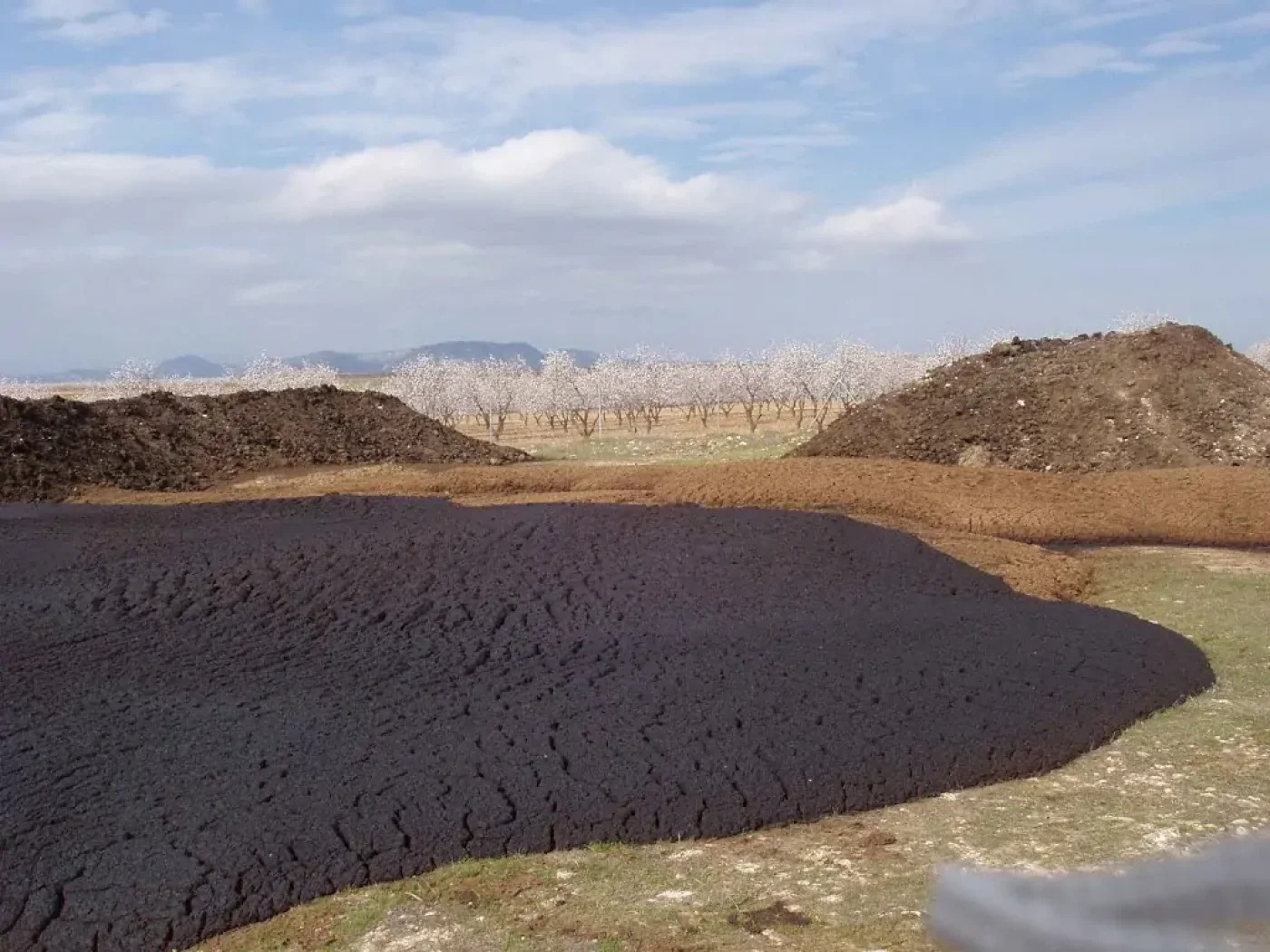
Tunisia, aware of the environmental challenge posed by the by-products of its vast olive oil sector, is firmly committed to research and innovation to transform a traditional activity into a driver of sustainable and competitive development. This nation, a world leader in the export of organic olive oil, has identified the valorization of olive oil production waste as a key strategy.
A central element of this effort is Tunisia’s participation in the Euro-Mediterranean OLIWA project, funded by the European Union. This pan-European program’s primary goal is to convert the voluminous waste from olive oil production into high value-added products.
Coordinated by the University of Turin, OLIWA brings together six Mediterranean countries (Italy, Spain, Greece, Turkey, Algeria, and Tunisia) and a total of 25 institutional and technological partners, demonstrating a regional commitment to the circular economy. The aim is to transcend the current agricultural model, which generates large amounts of waste, towards a system where olive oil (margins) and other olive byproducts, historically viewed as polluting and difficult to manage, are reused in creative and innovative ways.
The OLIWA project opens up a range of possibilities for the reuse of this waste, bringing it to various sectors:
For Tunisia, a country with a strong olive-growing identity, the OLIWA project and its innovative approaches are of strategic importance. They directly address the environmental challenges generated by the industry and simultaneously open up new economic prospects in the field of green and innovative sectors.
The regional goal, supported by partners such as AIMPLAS, is ambitious: reduce food waste by 25% and strengthen sustainable value chains throughout the Mediterranean basin. By investing in these technologies, Tunisia is not only solving a pollution problem but also reaffirming its commitment to transforming its traditional olive oil industry into a powerful economic engine, competitive and aligned with the principles of sustainability. This approach places the country at the forefront of agricultural waste recovery.
Important Note: aceitedelcampo.com promotes the consumption of extra virgin olive oil for its culinary qualities and health benefits. However, no medication or current treatment should be replaced without the guidance of a healthcare professional.
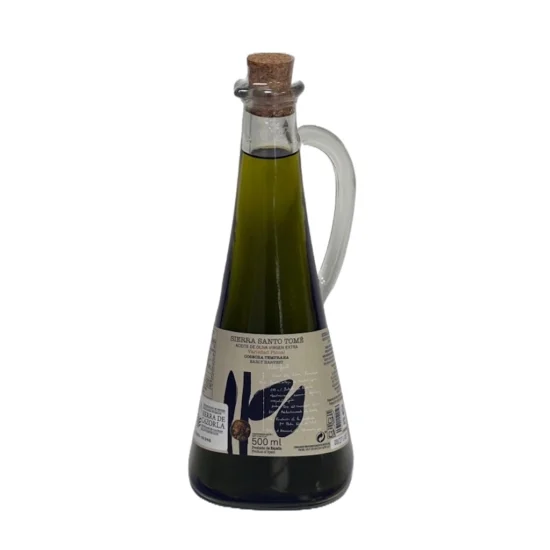
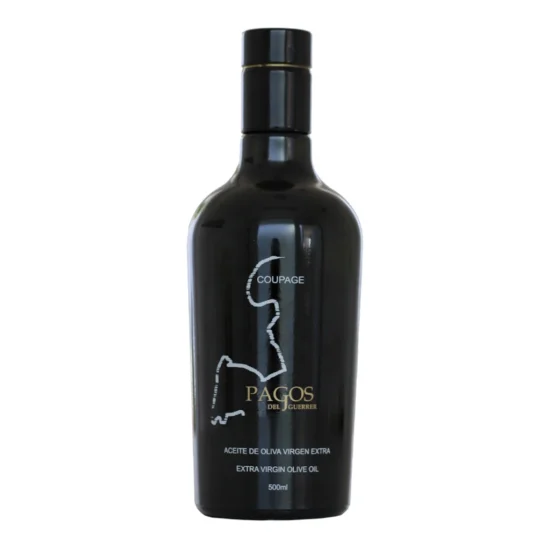
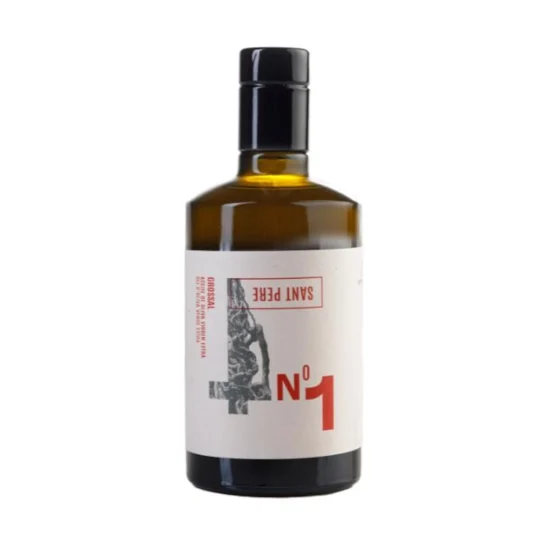
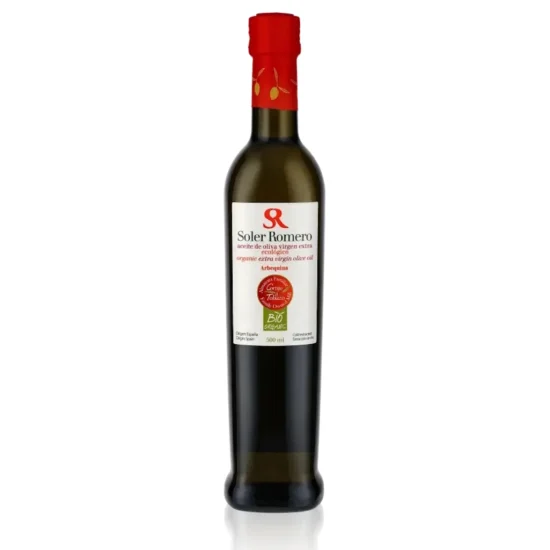
Subscribe and receive a coupon by email for your next purchase.